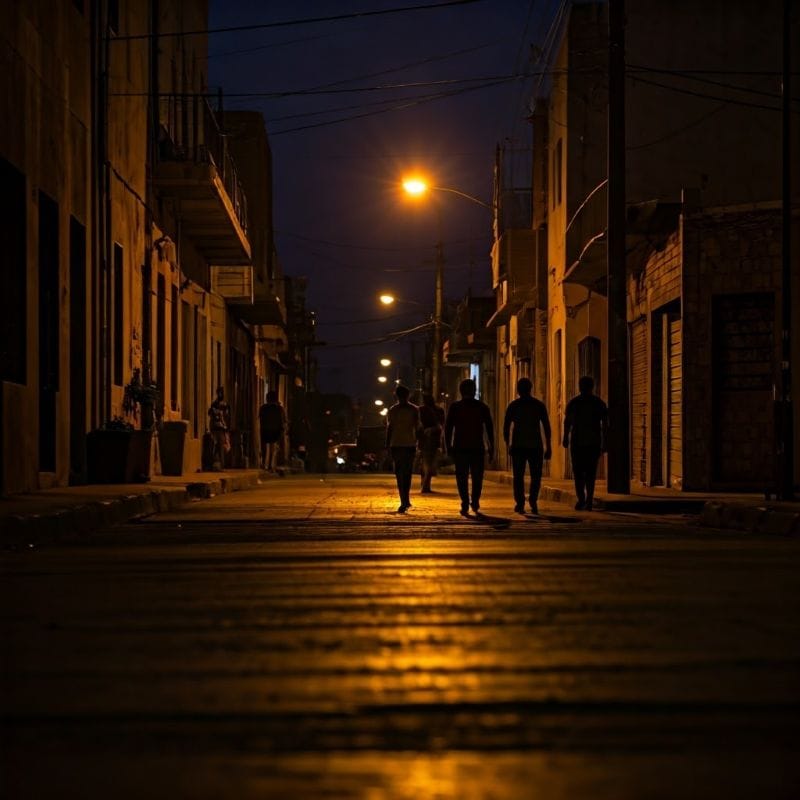Deadly Venezuelan 'Ghost Gang' Infiltrates US Border Town
Venezuelan gang "Tren de Aragua" infiltrates Ciudad Juárez, engaging in human trafficking. Authorities form special unit to combat the elusive group. Gang members blend with local cartels, making detection difficult. US offers multi-million dollar rewards for top leaders.

In an alarming development for Mexico’s border security, authorities have confirmed the presence of the notorious Venezuelan gang "Tren de Aragua" in Ciudad Juárez. This gang, originating from the troubled prisons of Venezuela, has made its way to Mexico’s northern border, engaging in human trafficking and drawing heightened attention from security agencies across Latin America and the United States. The discovery has triggered a coordinated international response, with Mexican officials joining forces with security agencies from Chile, El Salvador, and the United States to track and dismantle this sophisticated criminal operation.
The revelation came from Gilberto Loya Chávez, the head of Mexico's State Public Security Secretariat (SSPE), during a press briefing. Loya Chávez painted a disturbing picture of a criminal organization with deep roots in violent activities and a knack for evading detection by infiltrating local cartels. In Ciudad Juárez, the Tren de Aragua is suspected of collaborating with the Mexican cartel known as “La Empresa,” leveraging the cartel’s infrastructure to carry out illegal activities while remaining largely under the radar.




